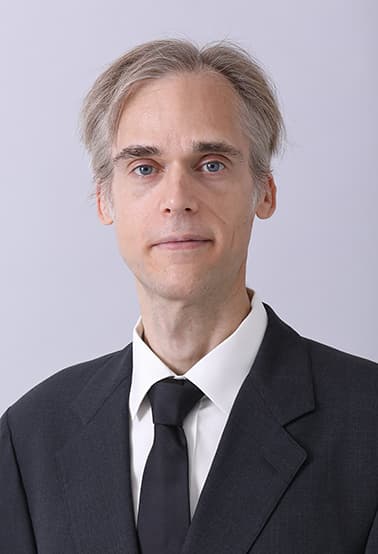Message
As technology becomes ever more important around the world in all sectors of our lives, the importance of English as a lingua franca that is used in researching, developing, utilizing, and maintaining technologies has never been greater. As such, the English language now belongs to the world, and industry leaders in every country of the globe will find themselves using English to communicate with co-workers and counterparts.
Whatever your first language, KCGI students will feel that English is becoming a part of you.This confidence will extend from casual conversations about daily life all the way up to highly sophisticated, technical discussions of the most recent technologies. Likewise, students will gain experience using English as a true international language: a language with many dialects used by both native speakers and second-language speakers from a wide variety of different backgrounds. To gain confidence in English, students must be able to express themselves both in everyday conversation and in the more advanced forms of expression required for discussions in the latest technological fields.You will also need to familiarize yourself with the many English dialects used by a diverse range of people from different parts of the world.
In fact, English is itself a kind of technology that facilitates and articulates the development of other technologies.Learning English is like learning any other technology: the basic functions are relatively simple, but you need to build on them and learn the complexities and system structures of the language.Ultimately, we want them to reach a point where they can use English in a way that best suits their own goals and how they want to achieve them.As you develop your career, English will serve as a familiar tool at each step of the way.My role as a faculty member is to help you master these important skills in depth and as a personal part of yourself, so that your career and life are enriched.
